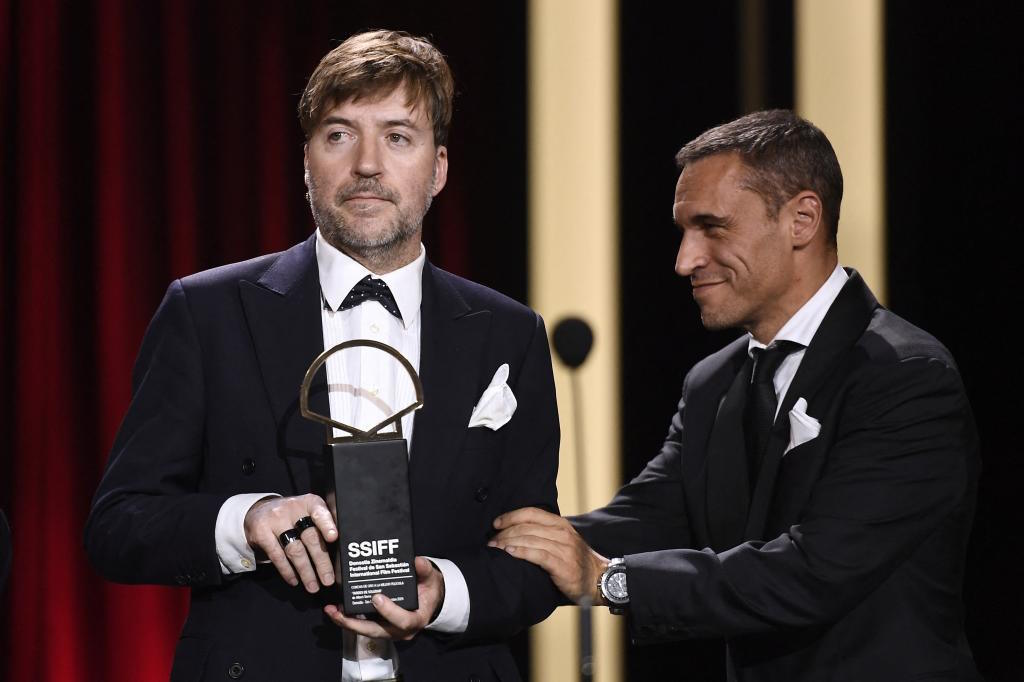"The problem was only in Spain." With that phrase, Albert Serra appeared in New York to present his documentary Afternoons of Solitude, in which he follows the bullfighter Andrés Roca Rey in the bullring. The Catalan director harbored "fear" that bullfighting, non-existent in the life of the average American and endowed with a clear local component, would not be exposed or understood beyond Spanish borders. Nothing could be further from the truth.
The film, which already came with the Golden Shell award from San Sebastian, has not only been shown at the New York Film Festival but, as it already happened in Spain, it has been enthusiastically received among the specialized press in the United States. In The Hollywood Reporter, David Rooney describes Albert Serra's project as "hypnotic" and "distressing" to the point of forming "a fierce documentary". "Anyone with a low threshold for cruelty to animals will find this documentary heartbreaking, but for those with the stomach for it, the documentary is a unique study of discipline, bravado, concentration, and spectacle."
Similar praise has been garnered by Afternoons of Solitude in the prestigious magazine Variety, where it is stated that the project shows "the matador's life in all its absurd beauty and its obscene shedding of blood" to achieve "a remarkable documentary." The critic, Guy Lodge, also points out that Serra's film is "a tough and hypnotic corrective to the noblest cinematic representations of this controversial bloody sport," in which the Catalan director draws "a broad space for the viewer's own emotional responses."
An international tour that could bolster a nomination for the Oscars in the documentary category. For this, Afternoons of Solitude would have to meet one of the three requirements demanded by the Academy of Hollywood: be in theaters for a week in Los Angeles, San Francisco, New York, Chicago, Dallas, or Atlanta; win an award at a qualifying festival, among which San Sebastian is not included, or be the Spanish international film, which the Academy awarded to Second prize. Although two options are closed, the possibility of a theatrical release is still open. In fact, one possibility is a technical release just before the nominations, a common strategy among eligible filmmakers.
This could be the final touch for a project that, in addition to the Golden Shell, received unanimous acclaim from the Spanish critics despite bullfighting having become one of the points of political friction in our country for years. This includes, for example, the elimination of the National Bullfighting Award announced by the Ministry of Culture last May or the fact that the minister, Ernest Urtasun, did not applaud the previous years' awardees during the awards ceremony. A gesture criticized by El Juli, one of the awardees, at the end of the event.
Precisely, the minister was questioned about Serra's film at the San Sebastian Festival and referred to "freedom of expression" and "freedom of creation" to defend Afternoons of Solitude. "I don't know what angle it takes, but whatever position the documentary takes, I will love to see it. [...] When I see the film, I will form an opinion, and my advocacy for animal welfare is well known," Urtasun defended.
